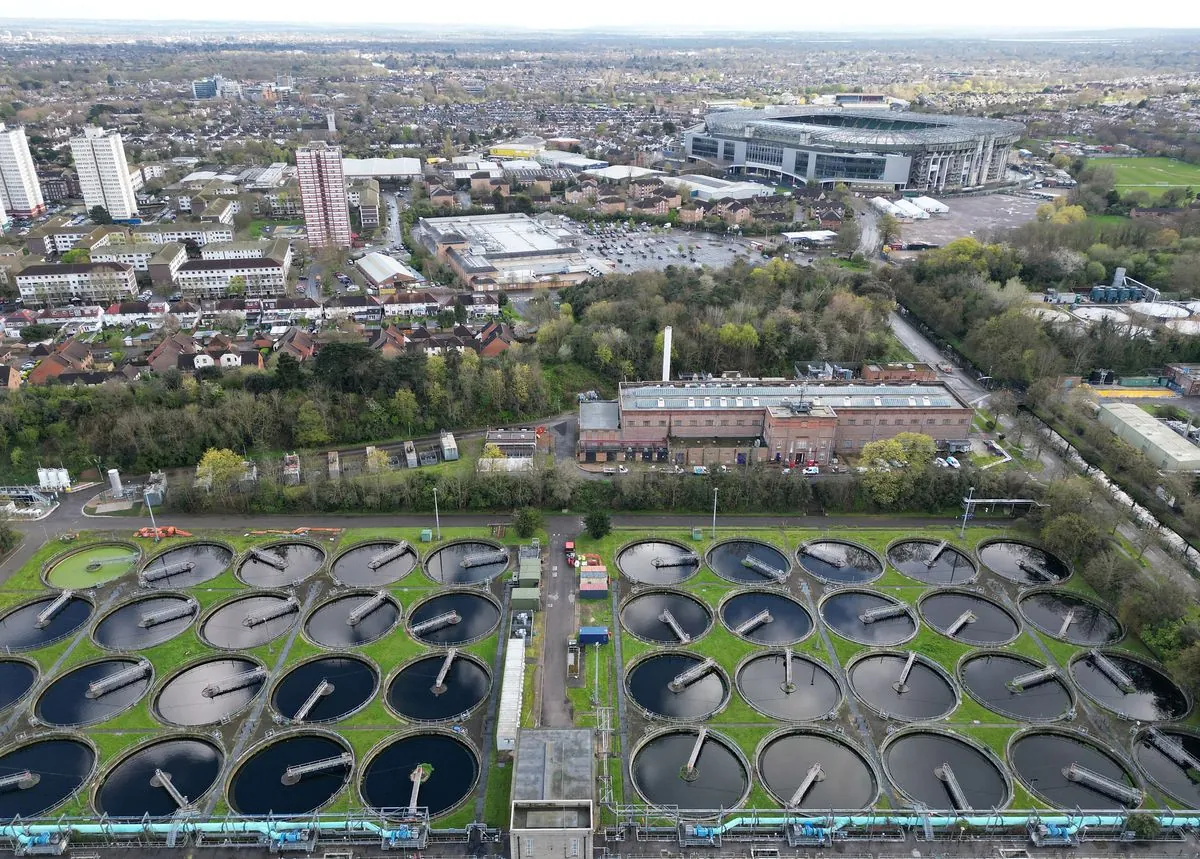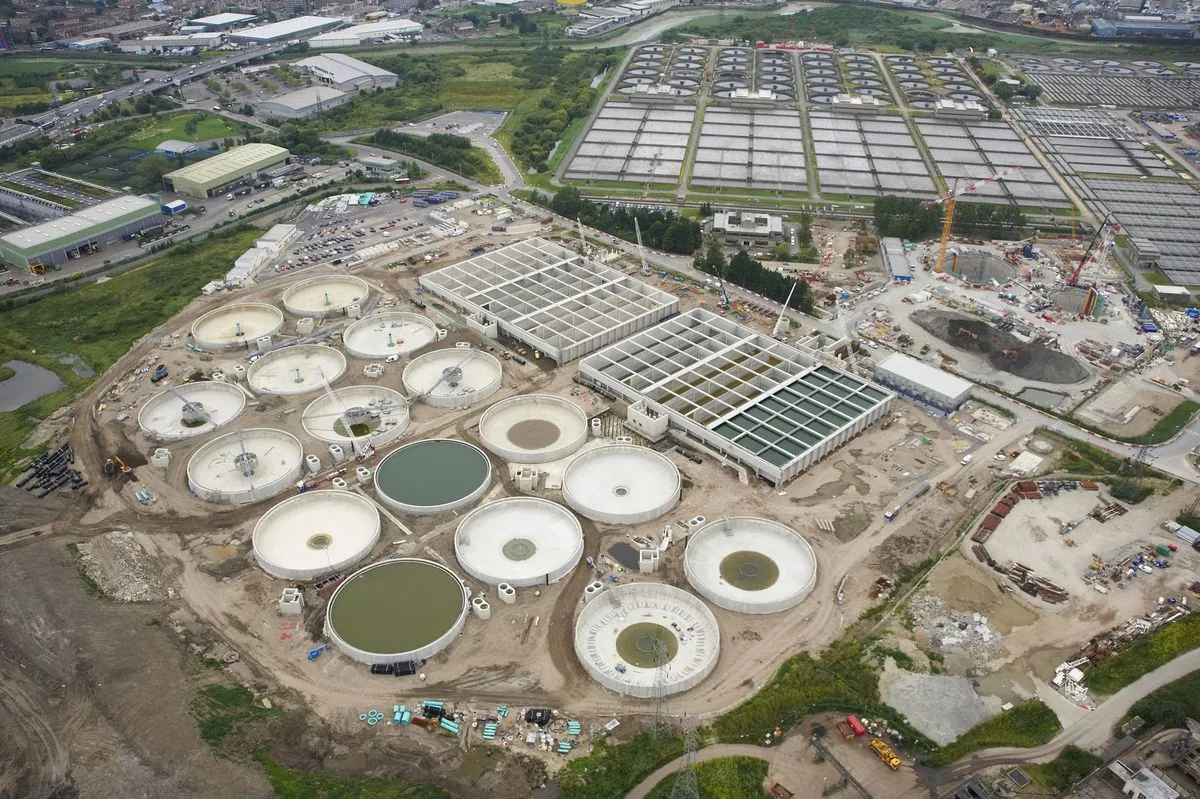Thames Water Rejects Regulator's Expenditure Cuts as Untenable
Thames Water, Britain's largest water utility, opposes regulator Ofwat's proposed expenditure cuts, citing concerns about wastewater targets and investment gaps. The industry warns of potential deterrence to sector investments.

Thames Water, the UK's largest water and wastewater services provider, has expressed strong opposition to expenditure cuts proposed by the water regulator Ofwat. The utility company, which serves 15 million customers across London and the Thames Valley, deems these cuts untenable for its operations and future plans.
In July 2024, Ofwat announced that water companies would be permitted to increase average bills by 21% over the next five years. This increase falls short of what companies had requested to address critical issues such as sewage spills, leaking pipes, and capacity expansion for a growing population. Thames Water manages an extensive network of over 31,000 miles of water pipes and 68,000 miles of sewer pipes, some dating back to the Victorian era.
The utility has voiced significant concerns regarding wastewater management. Ofwat has halved Thames Water's proposed enhancement expenditure and set targets that the company considers unattainable. This decision has created a substantial gap between allowed charges and the funds needed to meet customer and stakeholder expectations.

Thames Water's bonds experienced a decline following the company's statement that the proposed cuts would render its current plan uninvestible. The utility, already burdened with £14 billion in debt as of 2023, had initially proposed a bill increase of £191 over five years. However, Ofwat has only approved a £99 rise, less than half of the requested amount.
The water industry lobby has warned that Ofwat's recent proposals, which aim to meet environmental targets within the allowed bill increases, could deter investments in the sector. This comes at a time when Thames Water and other companies are striving to improve infrastructure and achieve sustainability goals, such as the company's aim to reach net zero carbon emissions by 2030.
"This would leave us with a multi-billion pound gap between what we are allowed to charge our customers and what is needed to deliver against the ambitions that customers and stakeholders have set for us."
The situation highlights the ongoing challenges faced by the UK water industry since its privatization in 1989. Thames Water, founded in that year, has been under scrutiny for its financial management and environmental performance. The company has faced fines for sewage pollution incidents in recent years, adding to the pressure to improve its infrastructure and services.
As the dispute between Thames Water and Ofwat continues, the future of water management in the UK remains uncertain. The need for substantial investment in aging infrastructure, environmental protection, and capacity expansion must be balanced against the financial burden on consumers and the operational viability of water companies.


































